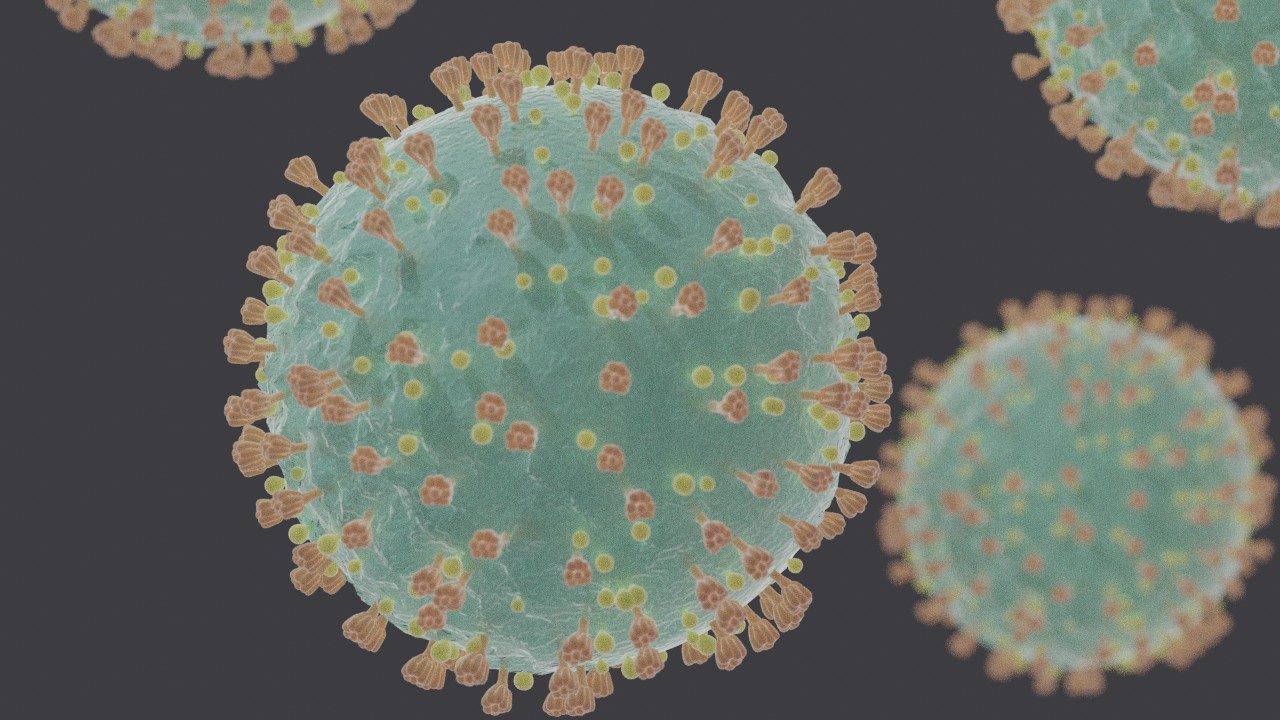Although the first case of COVID-19 in the U.S. was confirmed on Jan. 21, 2020, it wasn’t until March when the novel coronavirus upended life for most Americans. Throughout the year, states issued stay-at-home orders, closed schools, restricted travel, issued mask mandates, and changed election dates.
Here are the policy changes that happened September 14-18, 2020. To read more of our past coverage of the coronavirus pandemic, click here.
Monday, September 14, 2020
- Stay-at-home orders and reopening plans:
- Mississippi Gov. Tate Reeves (R) extended the state’s reopening plan, Safe Return, through Sept. 30. Reeves amended the original order to allow 75% capacity at businesses like gyms, restaurants, and retail shops, and permitted large indoor and outdoor gatherings.
- Federal government responses:
- The Centers for Disease Control and Prevention (CDC) removed a requirement that international travelers from countries like China, Iran, and the United Kingdom deplane at one of 15 designated airports and undergo enhanced health screening.
- State court changes:
- Courts in Delaware resumed issuing failure to appear warrants for individuals who did not show up for court dates. The state suspended issuing such warrants in March 2020.
- Jury trials resumed in Iowa after several pilot trials received positive feedback from participating jurors and judges.
Tuesday, September 15, 2020
- Stay-at-home orders and reopening plans:
- West Virginia Gov. Jim Justice (R) announced he was adding a new color—gold—to the color-coding system that determined how schools could reopen. Counties with between 10 and 14.9 COVID-19 cases per 100,000 people were classified as gold, allowing in-person learning. However, the gold category imposed limits on school gatherings and sports travel.
- Georgia Gov. Brian Kemp (R) signed an order instituting a three-phase system for reopening nursing homes to in-person visitation. The phases were based on the rate of testing, length of time since a new case, and community spread.
- Election changes:
- Franklin County Court of Common Pleas Judge Richard Frye ruled that Ohio Secretary of State Frank LaRose’s order (R) directing counties to provide no more than one absentee/mail-in ballot drop box per county “lacked a legitimate basis in evidence” and was, therefore, “unreasonable and unlawful.” Frye did not rescind the order.
Wednesday, September 16, 2020
- Election changes:
- South Carolina Governor Henry McMaster (R) signed H5305 into law, extending absentee voting eligibility to all qualified electors in the Nov. 3 general election. The legislation also established Oct. 5 as the start date for in-person absentee voting (i.e., early voting).
- U.S. District Court for the Middle District of Louisiana Chief Judge Shelly Deckert Dick ordered Louisiana election officials to make available to voters in the Nov. 3 general election the same COVID-19 absentee ballot application used in the state’s summer elections. This application offered COVID-19-specific reasons for requesting an absentee ballot.
- Federal government responses:
- The Department of Health and Human Services (HHS) and Department of Defense (DoD) released the Trump Administration’s COVID-19 vaccine distribution strategy, which included guidance for working with states, tribes, territories, and local public health programs and a plan for distributing a vaccine as soon as one received Emergency Use Authorization from the U.S. Food and Drug Administration (FDA).
Thursday, September 17, 2020
- Stay-at-home orders and reopening plans:
- California Gov. Gavin Newsom (D) announced that Oregon and Washington agreed to participate in a multistate pilot test of Apple and Google’s exposure notification technology. The technology notified individuals who may have been exposed to someone who tested positive for coronavirus based on geolocation data.
- Election changes:
- The Pennsylvania Supreme Court issued rulings extending the mail-in ballot receipt deadline and authorizing the use of drop boxes for returning mail-in ballots in the Nov. 3 general election.
- Mask requirements:
- Connecticut Gov. Ned Lamont (D) signed an order imposing a fine of up to $100 for violating the state’s mask mandate. The order also imposed a $250 fine for attending indoor events with more than 25 people or outdoor gatherings with more than 100 people and a $500 fine for individuals organizing such events.
Friday, September 18, 2020
- Stay-at-home orders and reopening plans:
- Louisiana Gov. John Bel Edward (D) announced bars, restaurants, and casinos could extend on-premise consumption of alcoholic beverages to 11 p.m. in parishes where bars were allowed to reopen.
- Ohio Gov. Mike DeWine (R) released guidelines for celebrating Halloween. The guidelines included a range of recommendations, including canceling hayrides and haunted houses, leaving treats in mailboxes or holding drive-through trick-or-treat events to maintain social distancing, wearing face coverings, and using video conferencing to host costume parties.
- Maryland Gov. Larry Hogan (R) issued an executive order expanding indoor dining to 75% capacity.
- Election changes:
- United States District Court for the District of South Carolina Judge J. Michelle Childs issued a preliminary injunction barring election officials from enforcing South Carolina’s witness requirement for absentee ballots in the Nov. 3 general election.
- The Mississippi Supreme Court reversed a lower court ruling that had extended absentee/mail-in voting eligibility to individuals with “pre-existing conditions that cause COVID-19 to present a greater risk of severe illness or death.”
- Michigan Court of Claims Judge Cynthia Stephens issued a ruling extending Michigan’s absentee/mail-in ballot receipt deadline to Nov. 17 for ballots postmarked on or before Nov. 2. Stephens also authorized voters to allow anyone of their choosing to return their ballots between 5:01 p.m. on Oct. 30 and the close of polls on Nov. 3.
- Federal government responses:
- Acting Homeland Security Secretary Chad Wolf announced on Twitter that the Department of Homeland Security would extend its prohibition on nonessential travel with Canada and Mexico through Oct. 21.
For the most recent coronavirus news, including the latest on vaccines and mask mandates, subscribe to our daily newsletter, Documenting America’s Path to Recovery.


